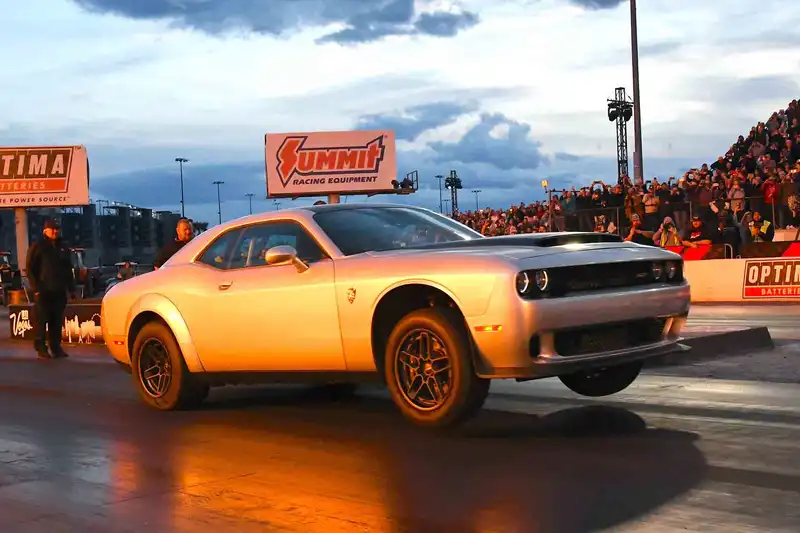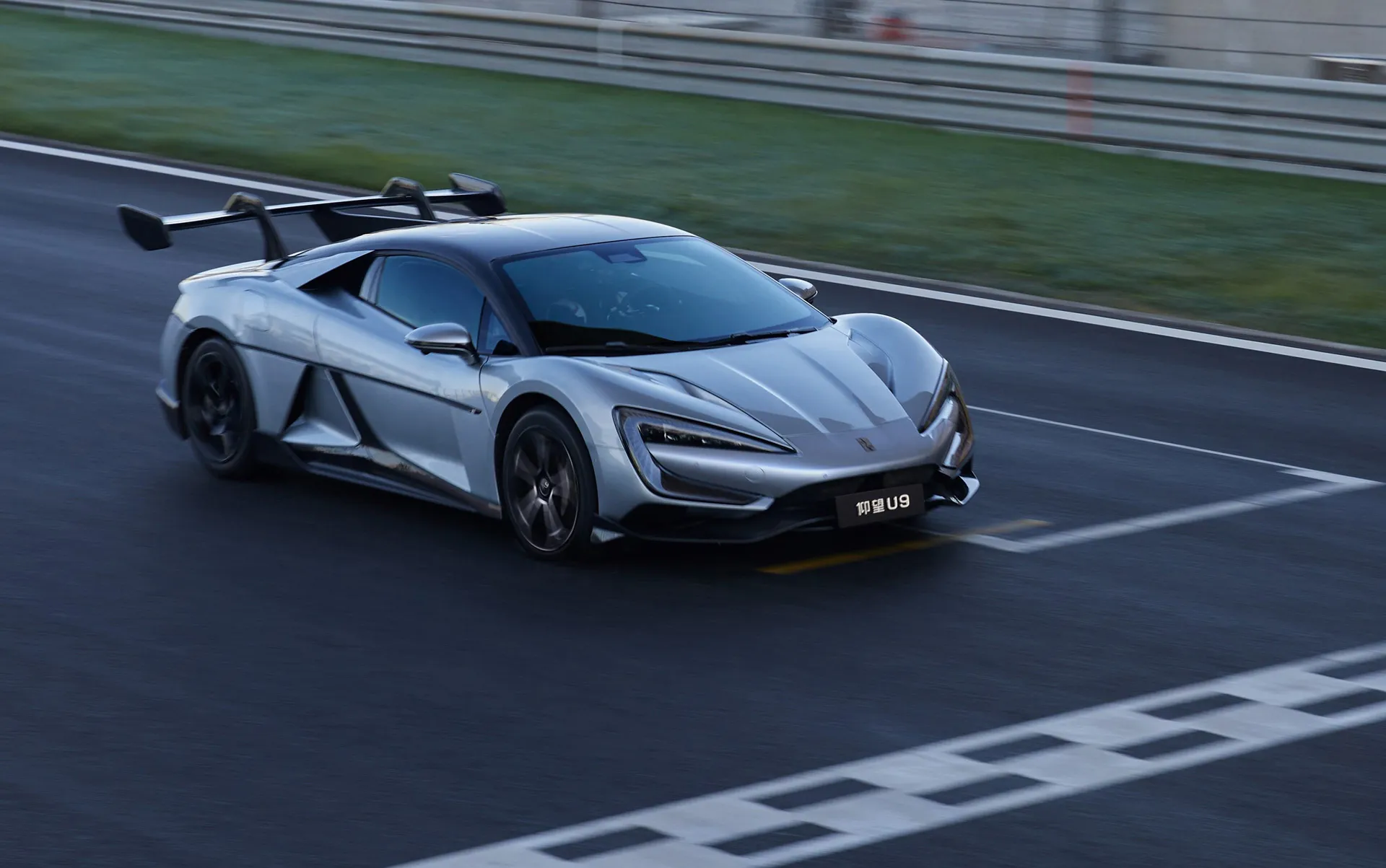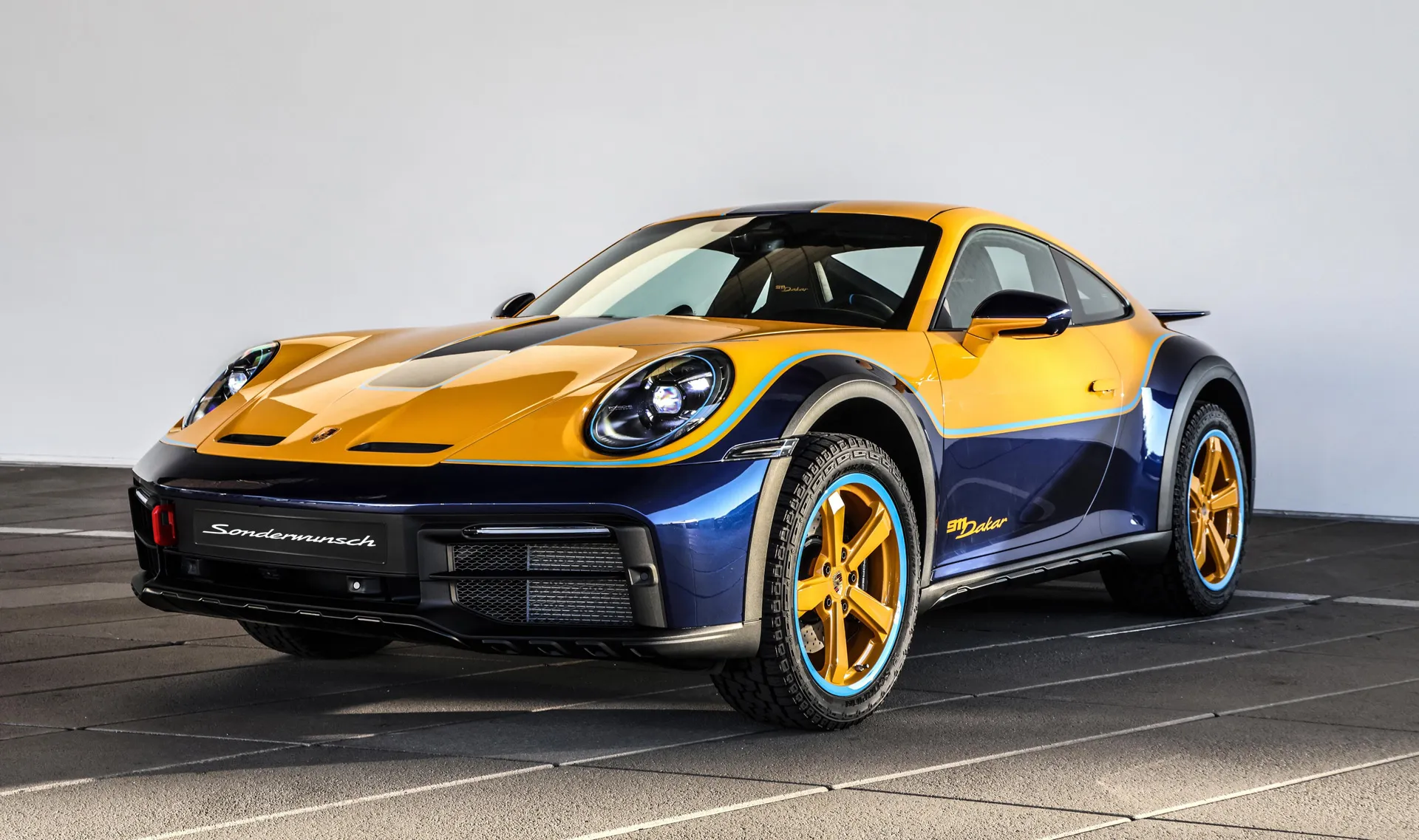Why is ethanol more powerful than gasoline?

Ethanol contains only two-thirds the energy of an equal amount of gasoline, yet engines make more power burning ethanol than gasoline, and the Engineering Explained video will help you understand why.
The key is that ethanol has a higher octane rating than gasoline. Ethanol has an octane rating of 109, while gasoline has an octane rating of at most 97 (although ethanol is usually blended with gasoline when sold). Higher octane means higher resistance to premature detonation (knock) of the fuel, which can damage the engine. This allows the compression ratio of the engine to be increased, or in the case of supercharged engines, boost to be increased. In both cases, power is increased.
As explained in the video, ethanol has a higher octane rating than gasoline. Just as sweat cools you on a hot day, fuel removes heat from the surrounding cylinders as it vaporizes. This process, called heat of vaporization, occurs at a higher rate with ethanol than with gasoline. [A Ford study that ran the twin-turbo 3.5-liter V-6 in an F-150 pickup truck on a variety of fuels showed the performance advantages of ethanol. These included E85 (85% ethanol, 15% gasoline), the most common ethanol blend, and E10, a 90% gasoline, 10% ethanol blend that is the default fuel at most gas stations in the US.
With turbo boost turned up at 5,000 rpm, the engines produced 380 hp and 400 lb-ft of torque on E85, but only 190 hp and 200 lb-ft on E10.
Potential drawbacks include lower fuel economy. However, this is offset by the fact that ethanol has a lower energy density than gasoline; a gallon of ethanol contains less energy than a gallon of gasoline, so more fuel is needed to travel a certain distance.
Production vehicles that use E85's power-generating capabilities are not concerned with mpg. The Koenigsegg Jesco's twin-turbo 5.0-liter V-8 delivers 1,600 hp on E85.
E85 is also how the 2023 Dodge Challenger SRT Demon 170 gets 1,025 hp and 945 lb-ft of maximum torque from its supercharged 6.2-liter V-8; with E10 fuel, output is 900 hp and 810 lb-ft drops. According to Dodge, the Demon 170 at full power will record 0-60 mph in 1.66 seconds on a well-maintained road surface, sending the current-generation Challenger off on a high note.


